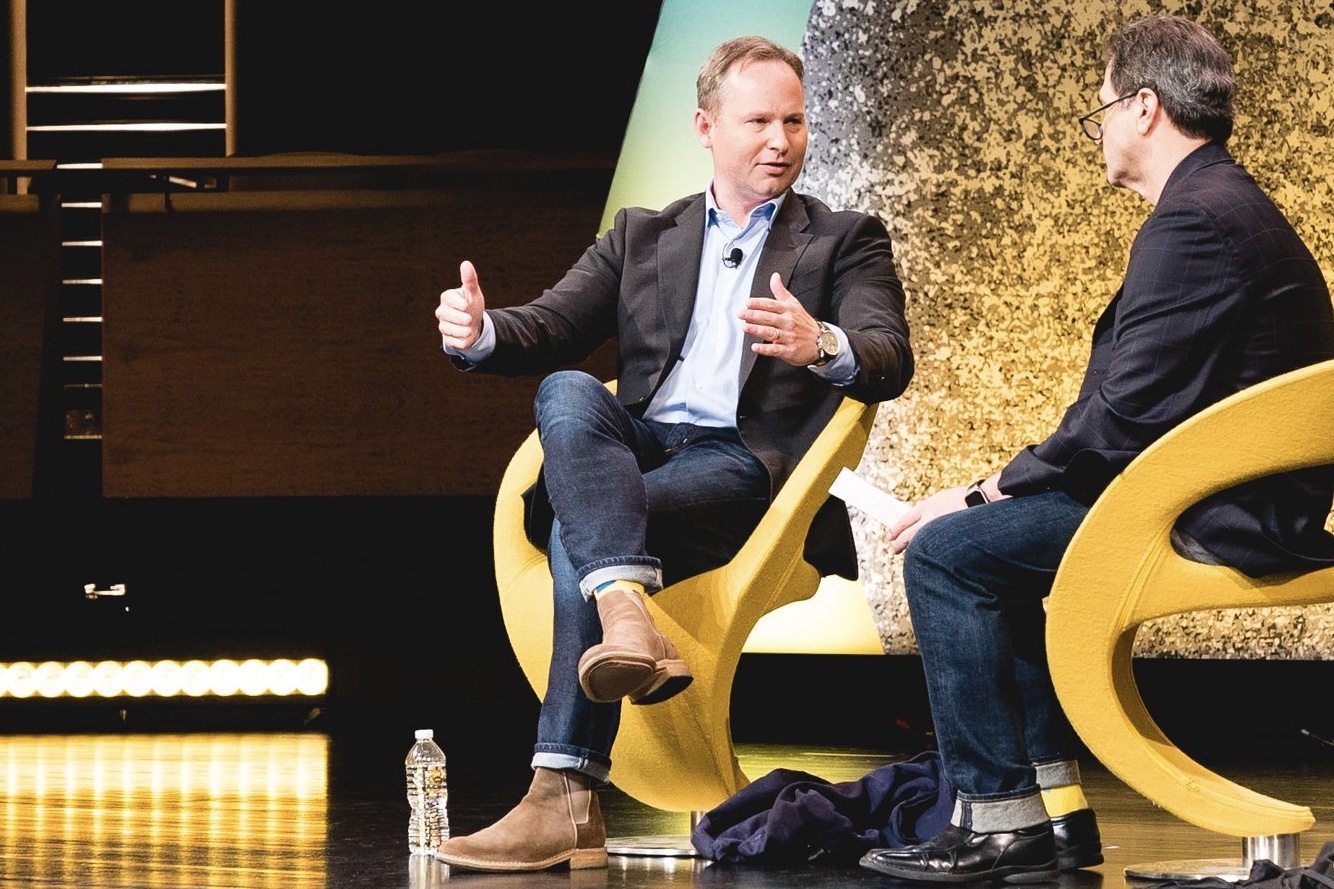New Expedia CEO Just Became His Own Guy in Outlining a New Strategy

Skift Take
It should be no surprise that the new Expedia CEO, who Barry Diller claims to have selected without conducting a wider candidate search, would have his own ideas about where to take the $22 billion company. Okerstrom is even talking about a path for Expedia becoming number one in online travel. That's definitely something we haven't heard publicly articulated in awhile.
Now that Expedia Inc. CEO Mark Okerstrom has settled into his new job, after predecessor Dara Khosrowshahi high-tailed it off for Uber nearly two months ago, a lot of Okerstrom's initial talk about not having a list of things he'd want to do differently than the former CEO has been cast aside.
In presiding over his first earnings call Thursday as Expedia's number two honcho — after controlling shareholder and chairperson Barry Diller, that is — CEO Okerstrom said in the future Expedia would "disproportionately" seek to create value from the organic growth of its existing businesses, including Expedia, Hotels.com, and HomeAway, for example.
That represents a sea change from Expedia's strategy as Khosrowshahi, with then-CFO Okerstrom very much involved at every juncture, executed a blockbuster series of acquisitions in 2014 and 2015, including buying Travelocity, Wotif, Auto Escape Group, Orbitz Worldwide, HomeAway, and more.
Okerstrom said Expedia would still be open to acquisitions when attractive opportunities arose, but clearly he's looking to emphasize expansion generated from the company's portfolio of existing businesses rather than from newly seized prizes.
That pivot comes after Expedia bought Orbitz Worldwide for $1.6 billion in 2015, but got bogged down in the difficul

